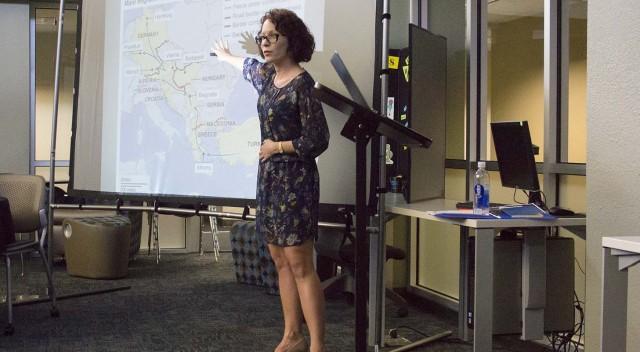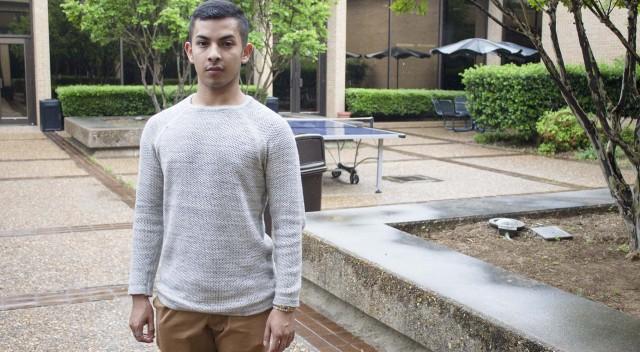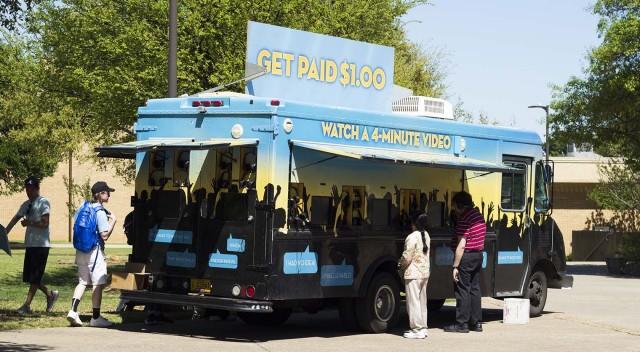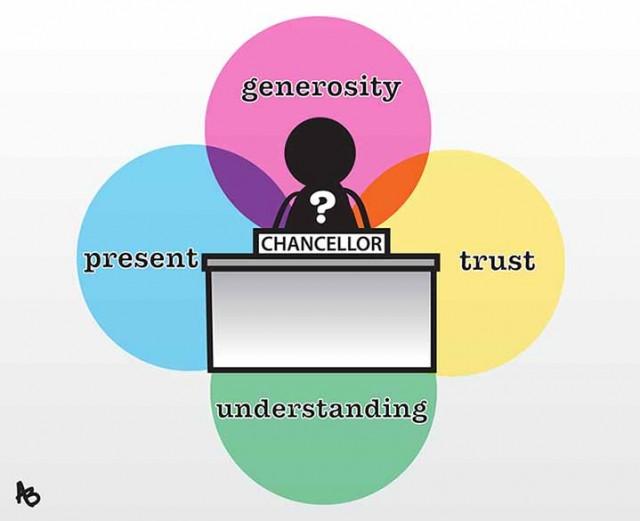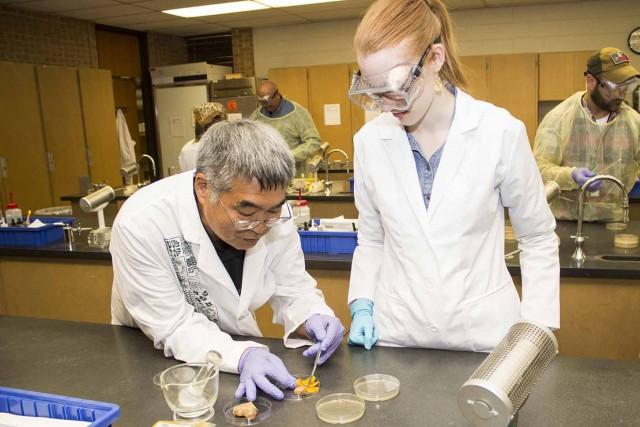By Summa Aholo/ reporter
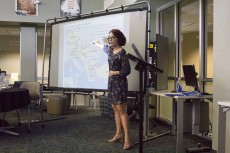
Kaylee Jensen/The Collegian
Migration is not new, a lawyer and human rights activist from Washington said April 7.
Sponsored by Global Citizens, a South student organization, Edit Frenyo presented European Migrant Crisis.
Although the number of migrants entering Europe has risen, this is neither a new phenomenon nor simply a Syrian refugee crisis, Frenyo said. Middle Easterners have been making the sometimes perilous journey since the ’70s with the Soviet takeover of Afghanistan.
“In all this noise about the Syrian war and refugee crisis as much as there should be noise about it, we tend to forget the enormous scale and diversity of these populations that are arriving,” she said.
Originally from Budapest, Hungary, Frenyo is studying at Georgetown University Law Center, pursuing her doctorate that centers on how labor migrations are deliberately separating families and how these families are trying to keep up their unity in the face of physical separation.
With her background, Frenyo found herself working with migration aid centered in Budapest last summer.
Men, women and children seeking asylum is not new, Frenyo said. It has happened in most every country around the world.
Frenyo’s presentation included pictures of elderly women hunched over walking along the streets and a 3-year-old Syrian boy who washed up on the Turkish shore after drowning in a failed attempt to reach Greece and safety.
Many migrants want to travel within the European Union because participating countries give free movement to their citizens wherein they can travel swiftly between countries, not having to show passports, Frenyo said.
“That was their dream,” she said.
The free movement does not apply if one is not a citizen, Frenyo said. Technically, migrants can, but legally, they cannot.
Frenyo described what life is like for a migrant trying to make their way to displacement camps, which are few and far between. When the borders started closing and some countries started to accept only Syrians, protests started. So they wouldn’t have to declare their origins, young men sewed their mouths shut to protest the exclusion of people with origins other than Syrian.
Throughout the presentation, Frenyo shined a light on the injustices happening that the media do not show. She made a correlation with the injustices happening here in the U.S. in regard to the Mexican border.
“Look at your southern border,” she said. “They are fleeing organized violence and crime on epic scales.”
Frenyo offered advice to students who want to help with the European migration crisis.
“There is a lot to do here [United States] that does have a strong ripple effect,” she said.























